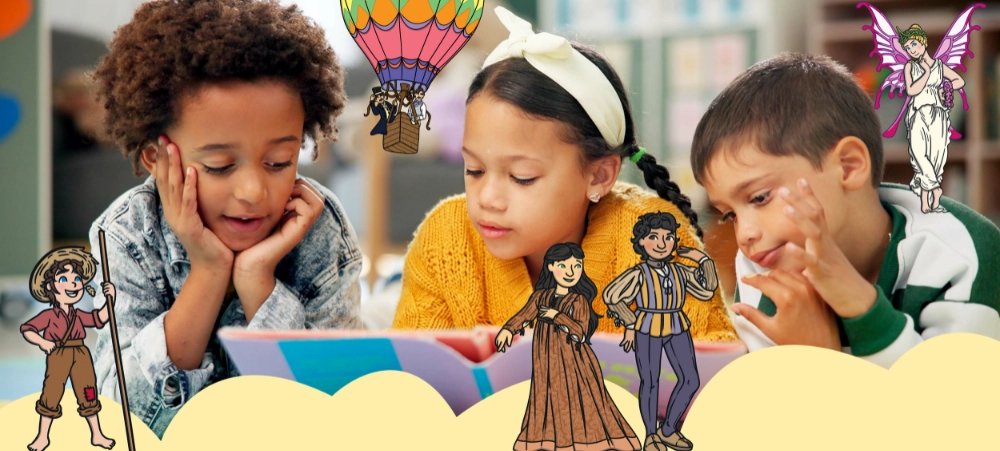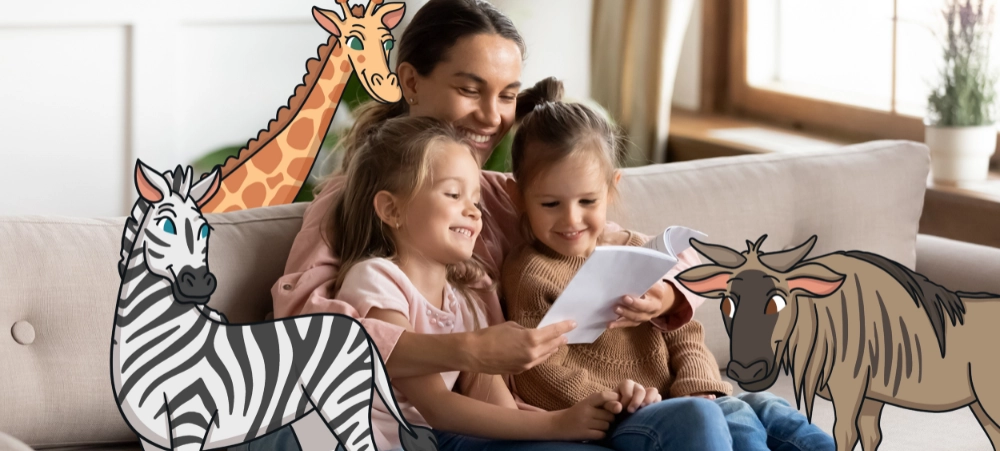When we think of gifted children the first name that springs to mind is usually Einstein. I can’t help but wonder how many therapies Einstein would have been in if he had been born today. Rumour has it that he only started speaking at age 3, so already we have delayed development, paeds and speech therapy. Some have said that he would have been diagnosed today with autism or aspergers and would probably end up in special ed. He was known for long periods of daydreaming, something we treat these days with ADHD meds. Would we even pick up the underlying genius at all? I doubt it.
Most gifted kids end up like an unwrapped gift – they are a group of the most unrecognized and misdiagnosed children around today. They are some of the children most often found in a variety of therapies because they don’t fit in the normal schooling mould and we don’t know what to do with them. They often have inconsistent developmental rates where they’re very advanced in one area and quite behind in another and so we surmise that they can’t be gifted if they’re not coping or at a similar level as other kids their age.
Gifted kids tend to have one or more over-excitabilities including physical (misdiagnosed as ADHD and put on meds), sensory (misdiagnosed as sensory integration issues and sent to OT), emotional (misdiagnosed as emotional problems and sent to play therapy).
It is up to us as parents to inform ourselves and trust our instincts when it comes to our children. Just because some professional tells you your child has a problem does not necessarily mean it is true. Get another opinion. Do some research. Dig a little deeper. Gifted kids may even need some therapy and may even have a learning disability that comes alongside their genius but often they are simply misdiagnosed in our modern day obsession with fixing children and making them all alike.
If you suspect your child is gifted, they probably are. Here are the typical traits of a gifted child (keep in mind that gifted children, like all children, are unique and may or may not display all of these traits):
- Unusual alertness, even in infancy
- Rapid learner
- Excellent memory
- Unusually large vocabulary and complex sentence structure for their age
- Advanced comprehension of word nuances, metaphors and abstract ideas
- Enjoys solving problems, especially with numbers and puzzles
- Often self-taught reading and writing skills as preschooler
- Deep, intense feelings and reactions
- Highly sensitive
- Thinking is abstract, complex, logical, and insightful
- Idealism and sense of justice at early age
- Concern with social and political issues and injustices
- Preoccupied with own thoughts—daydreamer
- Learn basic skills quickly and with little practice
- Asks probing questions
- Wide range of interests (or extreme focus in one area)
- Highly developed curiosity
- Interest in experimenting and doing things differently
- Puts idea or things together that are not typical
- Keen and/or unusual sense of humour
- Desire to organize people/things
- Vivid imaginations (and imaginary playmates when in preschool)
Parents are actually very good at judging whether their child is gifted or not, so trust yourself. Gifted kids, like special needs children, have different requirements in terms of education, stimulation, and emotional support. The sooner you unwrap your gift, the sooner you can figure out exactly how to nurture your unique child into fulfilling their potential.
trained in both in traditional therapy, with a BA in Psychology and a certification in Trauma Counselling, and in various alternative therapies including Neuro Linguistic Programming, Life Coaching, Hypnotherapy, Stress Biofeedback, and Time Paradigm Techniques. For more information, please visit her Website for further information
- Questioning Questions: Why your child needs to ask ‘why’… - November 27, 2025
- How To Be Angry Without Destroying Your Kids’ Self-Confidence - November 19, 2025
- Why do children lie? - November 18, 2025





